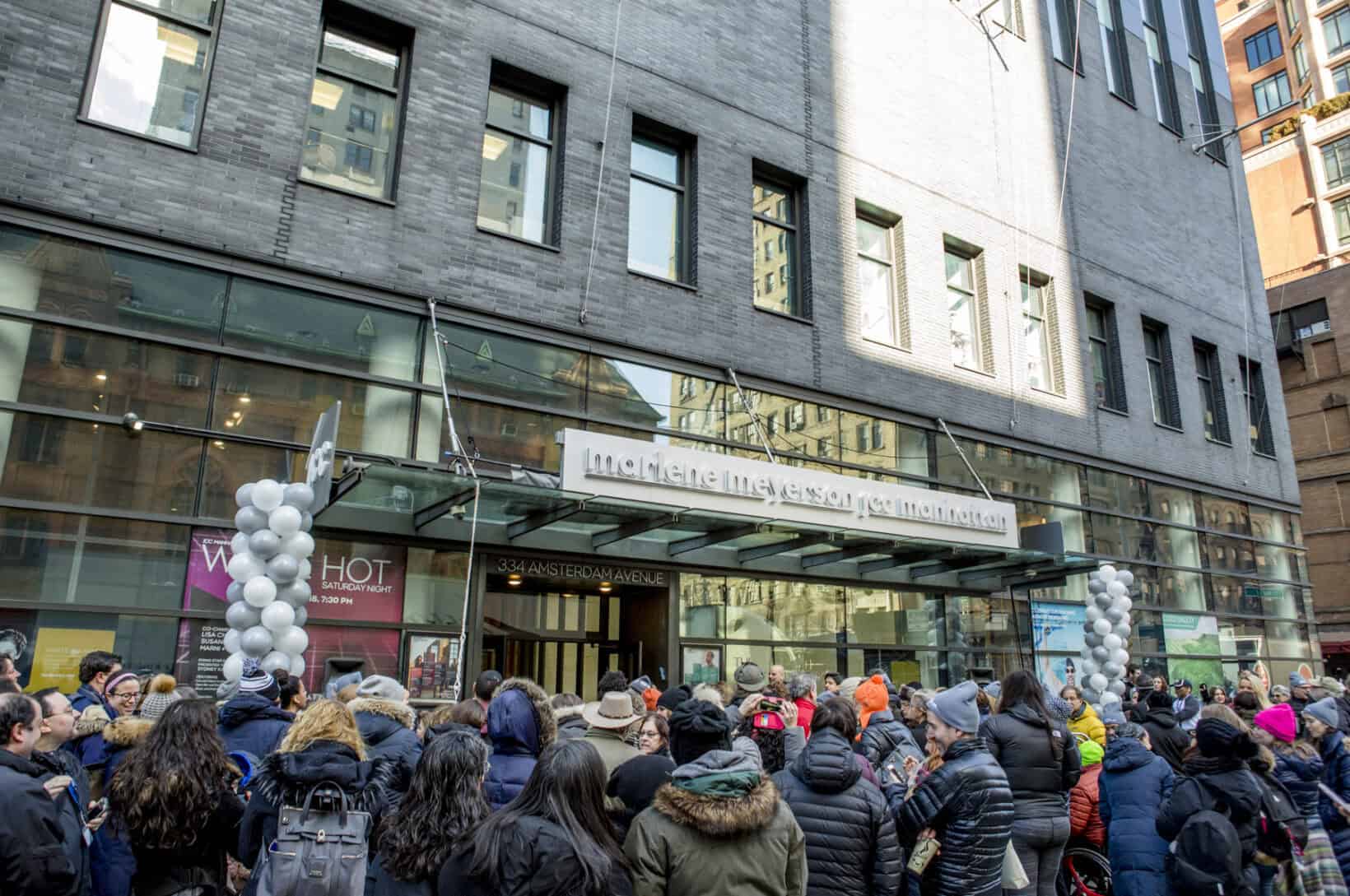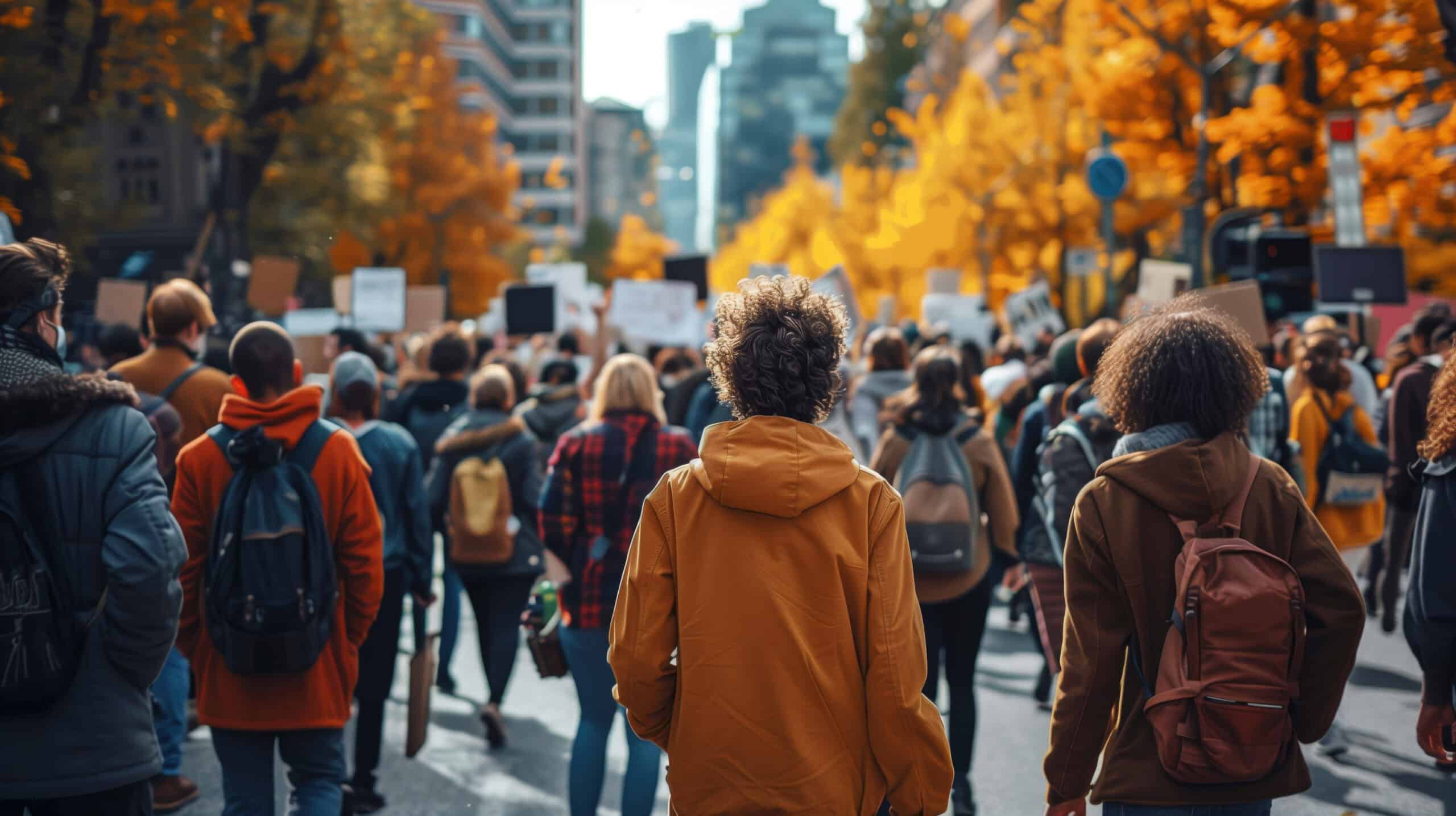Forward / August 16, 2023 / Ecstatic, spiritual, Jewish music — only this time with a more diverse audience and a lot more bass
West Side Rag / May 26, 2023 / JCC Coalition Helps in Community-Wide Effort to Support Migrant Children
Jewish Week / May 23, 2023 / How New York is celebrating Shavuot 2023
Jewish Week / May 17, 2023 / Sophie is 85 and survived the Holocaust. Caroline is 29 and new to NYC. Here’s how they became fast friends.
Forbes / May 16, 2023 / ReelAbilities Set to Launch Streaming Service Dedicated to Disability-Related Films
ABC7 / May 5, 2023 / Film festival explores stories of people with disabilities
Broadway World / May 3, 2023 / Line Up Announced for Free All Night Tikkun Leil Shavuot
NY1 / May 2, 2023 / Film festival showcases works on people with disabilities
The Hollywood Reporter / April 27, 2023 / ReelAbilities New York Director on the State of Disability Inclusion and Changes Over the Fest’s 15 Years
CBS New York / April 27, 2023 / Reelabilities Film Festival returns, celebrating stories of people with disabilities
JTA / April 24, 2023 / Here’s how New York City is celebrating Yom Haatzmaut, Israel’s Independence Day
Forbes / April 23, 2023 / 3 Disability Features Not To Miss At The 2023 ReelAbilities Film Festival
Scary Symptoms / April 23, 2023 / Autistic Music Band to Be Featured in New York Film Festival
Jewish Week / April 14, 2023 / How Yom Hashoah is being marked in New York City
Jerusalem Post / April 13, 2023 / Who are we? 120 years of art in Israel
Gothamist / April 6, 2023 / Chag Pesach Sameach! What to do for Passover in and around NYC
City Life Org / April 6, 2023 / Announcing Boosting Brain Health With Food + Broadway’s Best for Parkinson’s on April 17
Jewish Week / March 31, 2023 / Where to celebrate Passover in NYC: seders, art and matzah pizza
New York Family / March 24, 2023 / Camp Touring: What You Need to Know
City Life Org / March 22, 2023 / MMJCCM Announced Israel @ 75, A Celebration of Israel’s 75th Anniversary with Star-Studded Artists, Politicians, and Cultural Guests
Made Visible Podcast / March 21, 2023 / Isaac Zablocki, Coping with Dysgraphia and Advocating for Change Through Film
Variety / March 15, 2023 / Troy Kotsur to Receive Spotlight Award at ReelAbilities Film Festival
Disability Matters Podcast / March 14, 2023 / Isaac Zablocki: Making Films/Productions More Accessible
I Love NY / March 13, 2023 / 16 Things to Do this April in New York State
NY1 / March 7, 2023 / Purim celebrations through the eyes of a rabbi of color
New York Family / February 28, 2023 / Purim Events for Families 2023
Broadway World / February 28, 2023 /Marlene Meyerson JCC Manhattan Announces Broadway’s Best for Parkinson’s
City Life Org / February 21, 2023 / All-female video art exhibit Veni, Vidi, Video Announced at JCC Manhattan
JTA / February 13, 2023 / An ahead-of-its-time klezmer album will be performed live for the first time (featured item in daily newsletter)
Moms & Tots Magazine / February 5, 2023 / Voice lessons for kids in NYC
Time Out / February 1, 2023 / Author Emma Straub on her favorite books about New York City
Daily News / January 24, 2023 / NYC will host 1,000 free dinners aimed at ‘building bonds,’ fighting hate: Mayor Adams
New York Family / January 24, 2023 / 9 Best Indoor Play Spaces for Kids in New York City
Time Out / January 10, 2023 / The best Martin Luther King Day events in NYC
Patch / January 6, 2023 / UWS Massive Book Festival Kicks Off With Star-Studded List of Authors
Time Out / January 3, 2023 / Books That Changed My Life Festival







